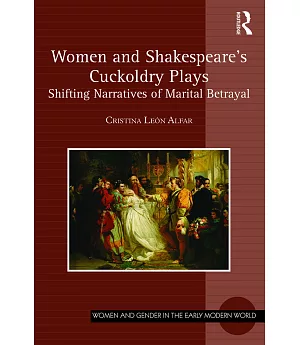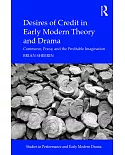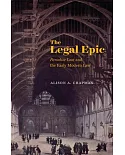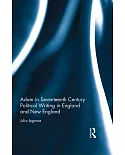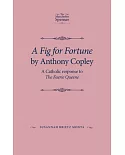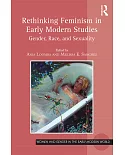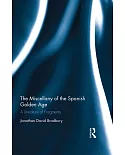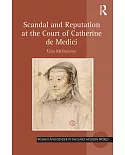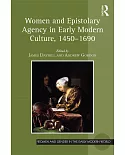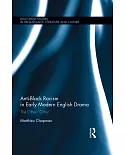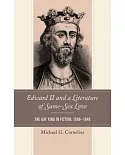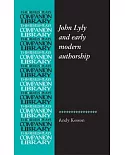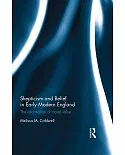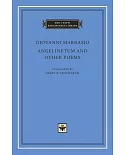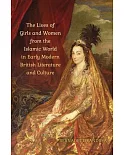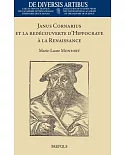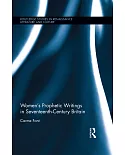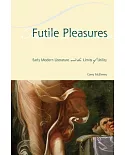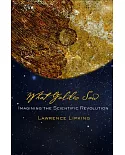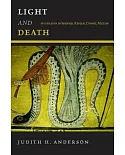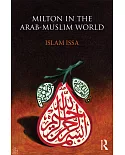While scholars have examined the male anxieties behind accusations of female sexual betrayal, the reciprocal and resulting anxieties born in women out of those accusations remain insufficiently
explored. Focusing on six plays by William Shakespeare, early modern English court records, marital complaints and private letters, Cristina León Alfar identifies a series of cultural
narratives that disclose the various motives for and strategies of men’s accusations and women’s practical and cogent answers. In Shakespeare, Cuckoldry, and Women: Shifting Narratives of
Marital Betrayal, Alfar explores the narrative conflicts between men’s accusations of adultery against women and women’s responses to those accusations and argues that bonds between women
produce an enabling function that works against the violent power of the men and alters the dramatic direction, energy, and matter of the plays. Scholars of literature, history, and critical
theory will find that Shakespeare, Cuckoldry, and Women fills a gap in early modern and feminist studies of women whose strategies for and (re)negotiations of agency alter our thinking about
women in the early modern period. It also fills a gap in readings of plays whose stories of marital conflict have been read largely as male-centered, whereas this study sheds light on the
crucial function of female characters in each play’s narrative and dramatic trajectory.

